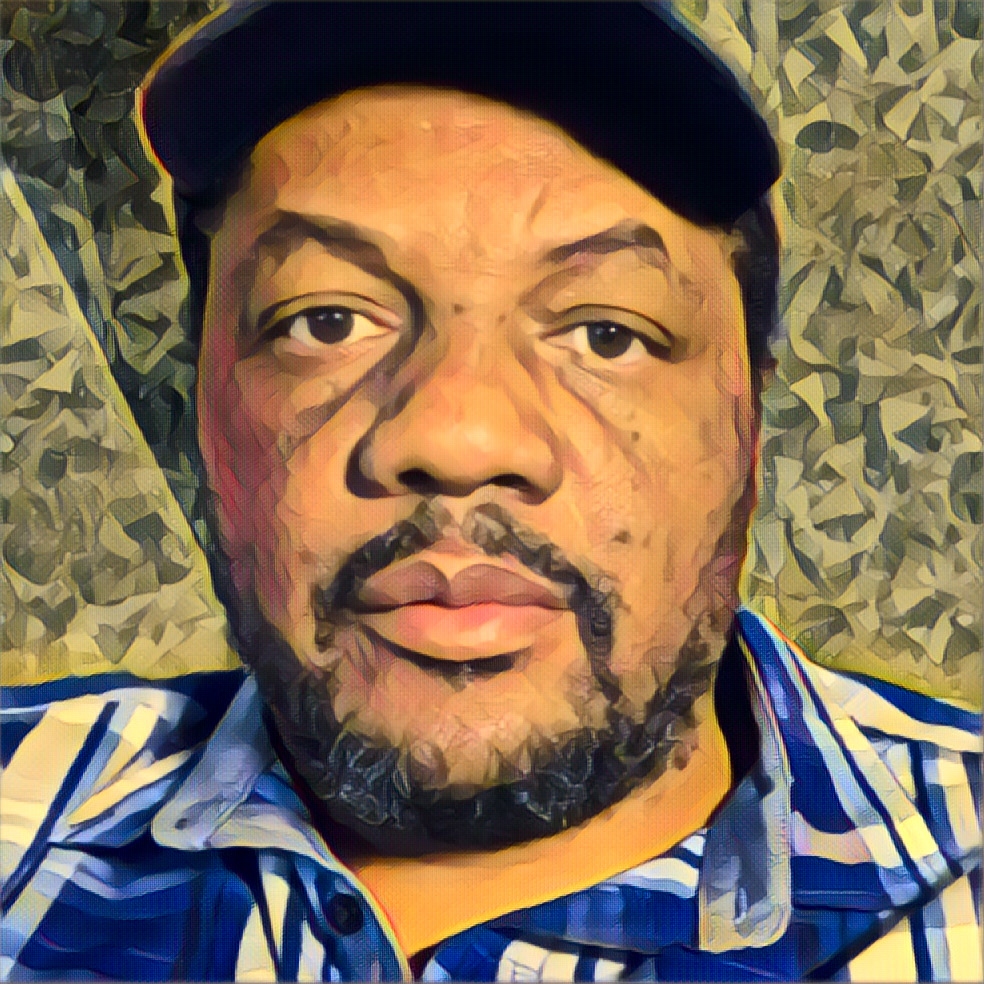Dr. Anyway Mutambudzi, Zimbabwe’s Chief Director of Strategic Communications, Presidential Communications, Office of the President and Cabinet, has labeled journalist Hopewell Chin’ono as a threat to national security. The comments were made on X (formerly known as Twitter), following Chin’ono’s criticism of the government’s inability to maintain the Birchenough bridge.
Chin’ono had posted, “It now takes 3 cars at a time, and at times one car at a time. That is the ZANUPF legacy, comrade!” in reference to the deteriorating state of the bridge under the ruling ZANU PF government.
In response, Mutambudzi accused Chin’ono of harboring “deep hatred” towards the ruling party, stating, “Your output seeks to put a wedge between citizens on one side and the ruling party, government and the state on the other. Some of your posts are a threat to national security.”
Mutambudzi emphasized the government’s intention to block communication deemed detrimental to national leadership. “If you attack the President, we block. We won elections, and we want progressive forces going forward. What you do elsewhere on this platform is of no consequence,” he added.
The move has sparked a wider debate about freedom of the press and the role of journalists in holding governments accountable. Critics argue that labeling individuals as threats to national security can lead to harm or persecution.
“Instead of addressing the concerns raised about infrastructure, the government’s approach seems to be shooting the messenger,” said Tafadzwa Mahere, a human rights lawyer. Mahere, along with other advocates, is calling on Dr. Mutambudzi to provide evidence that invalidates Chin’ono’s claims rather than labeling him a security threat.
Mutambudzi’s comments have also prompted concerns among international press freedom organizations. “Labeling a journalist a national security threat for criticizing infrastructure is deeply troubling. This could set a dangerous precedent and has a chilling effect on freedom of the press,” said Muthoki Mumo, Sub-Saharan Africa Representative of the Committee to Protect Journalists (CPJ).
Some argue that such a stance against a journalist for criticizing public infrastructure issues could potentially compromise the objectivity and independence of the media.
“If journalists are threatened for merely pointing out governance issues, then we are moving towards an era of suppressed media, where the government controls the narrative,” said Prof. Stanley Tsarwe, Dean of the School of Journalism and Media Studies at a local university.
The confrontation marks another chapter in the ongoing tension between the Zimbabwean government and the press, underlining the fragile relationship and the thin line between criticism and what is considered a threat to national security in Zimbabwe.


